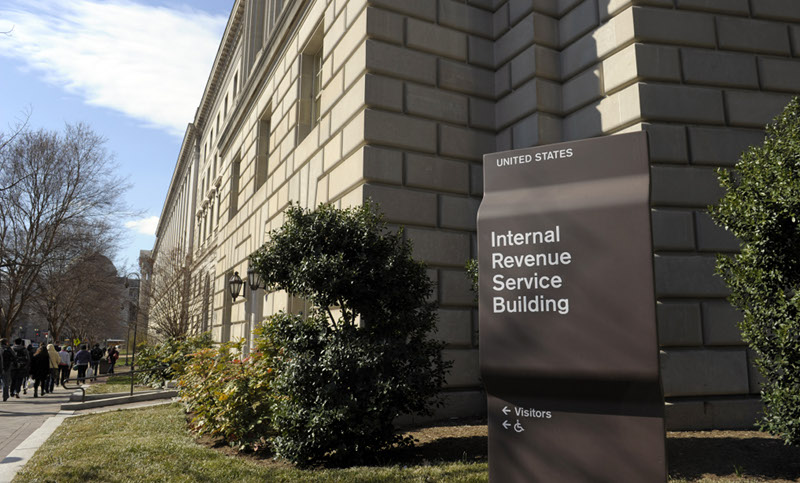A report published online Thursday by The New York Times examined the treatment that organizations other than tea party groups received from the Internal Revenue Service in applying for tax-exempt status in light of the agency’s recent scandal.
In one case, the Times reported, a pro-Palestinian group called Minnesota Break the Bonds was asked a series of questions that appear to be similar to those asked of tea party groups in recent years. The questions for the pro-Palestinian group included one that asked the organization to list “any voluntary contributions” and another asking about the “qualifications and experience” of people affiliated with the organization.
Similar treatment of tea party groups by the IRS has led to congressional investigations and the resignation of the agency’s acting commissioner in May.
Last month, Democrats on the House Ways and Means Committee released documents that revealed the IRS had looked for other terms besides “tea party” and “patriot” to subject certain groups for extra scrutiny. Those terms included terms like “progressive” as well as “occupied territories” and “open source software developers.”
The picture that has emerged, the Times noted, is more complicated than the initial scandal seemed to indicate. “But a closer look at the I.R.S. operation suggests that the problem was less about ideology and more about how a process instructing reviewers to ‘be on the lookout’ for selected terms was applied to any group that mentioned certain words in its application,” the Times reported.
Correction: This post has been updated to show that the range of terms used by the IRS to subject certain groups to scrutiny was revealed last month by Democrats in Congress.







